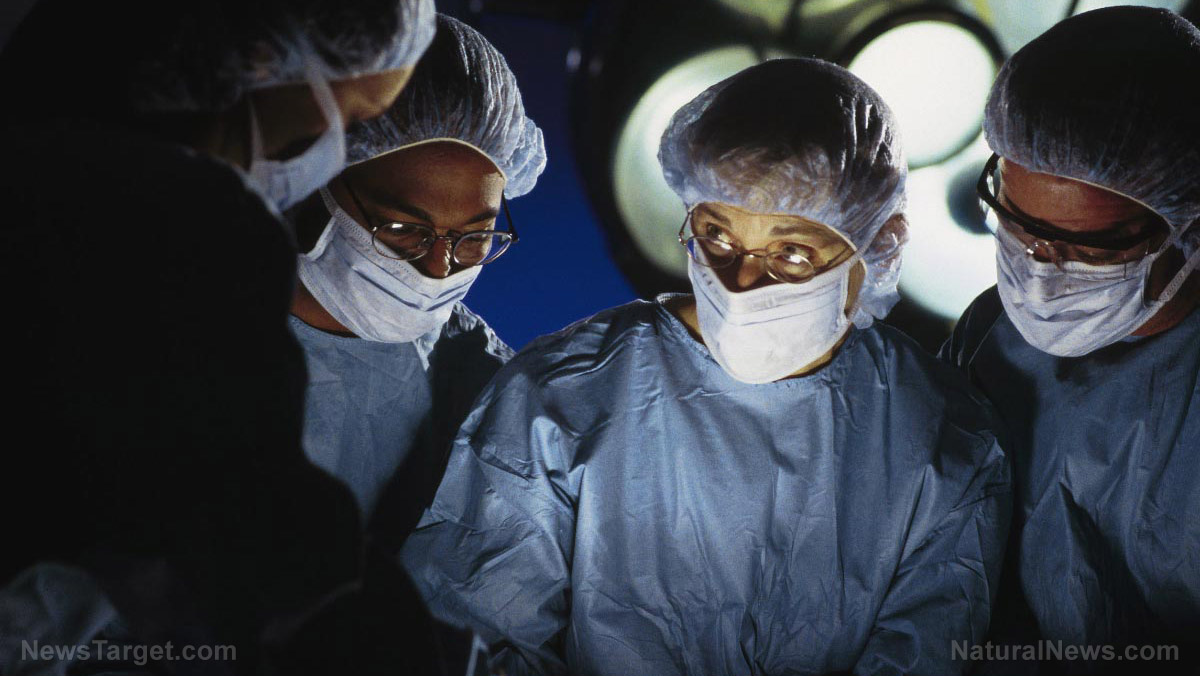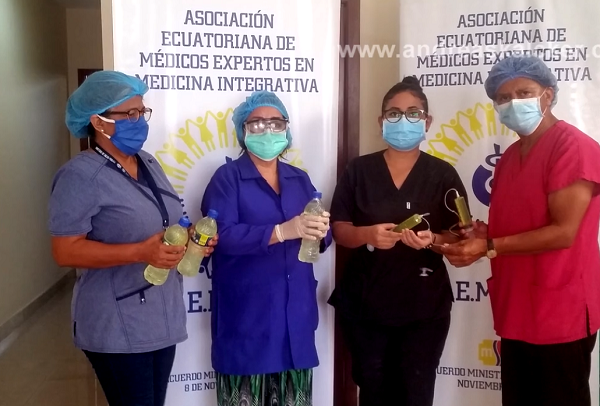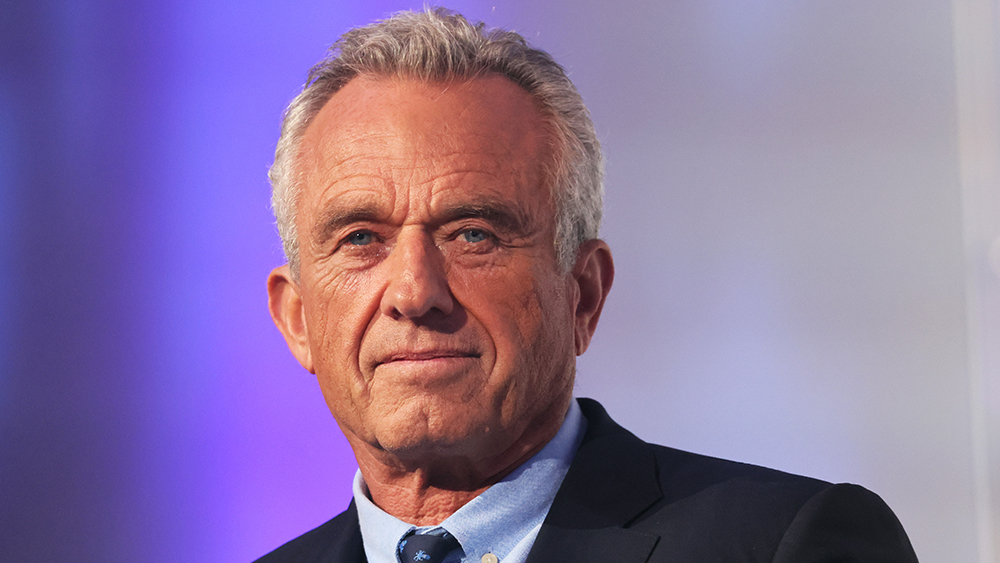ORGAN DONORS WAKING UP during surgery because Big Pharma is in a MAD RUSH to sell their organs on the black market
08/07/2025 / By S.D. Wells

Imagine waking up in a hospital bed after a bad vehicle wreck and the surgeons have removed several of your organs and are just finishing sewing you up, when they all look at you in shock and say, “Wow, you’re alive.”
A federal investigation released in July 2025 by the U.S. Department of Health and Human Services (HHS) has raised troubling ethical and medical concerns surrounding organ donation practices in the United States. The inquiry uncovered that organ procurement procedures were, in some cases, initiated before patients were fully confirmed dead, calling into question both medical protocols and the integrity of the donation system.
- Federal probe reveals premature organ harvesting: A July 2025 investigation by the U.S. Department of Health and Human Services found at least 28 cases where organ removal may have begun before patients were definitively dead.
- Ethical alarm over DCD procedures: The rise in donation after circulatory death (DCD) has led to troubling incidents, including patients showing signs of life like heartbeats and gasping during organ procurement.
- Medical ethics under scrutiny: Experts warn that some healthcare providers may be unprepared to handle the moral complexity of end-of-life decisions, treating life and death as subjective in pursuit of institutional goals.
- Eroding public trust: With lawsuits, whistleblower accounts and public outrage mounting, confidence in the organ donation system is at risk, threatening future donor participation.
Federal investigation raising serious concerns for organ donors
At the heart of the controversy is the use of donation after circulatory death (DCD), a method increasingly used to expand the donor pool. Unlike donation after brain death, where the irreversible loss of all brain function determines death, DCD allows organ retrieval after the heart stops beating, even if the brain remains active or shows signs of potential recovery. The report indicates that the rush to meet transplant demand may have compromised the standards traditionally used to determine death.
According to the HHS, at least 28 documented cases involved patients who showed signs of life when organ harvesting began. In Kentucky, 73 individuals were flagged for organ donation despite showing neurological responses incompatible with a true declaration of death. A particularly disturbing case in Alabama involved a patient declared dead whose heart was still beating and who exhibited gasping respirations during surgery.
HHS Secretary Robert F. Kennedy, Jr. condemned the findings, stating: “Hospitals allowed the organ procurement process to begin when patients showed signs of life, and this is horrifying.” His comments reflect the gravity of the situation and signal a potential shake-up in how organ donation is regulated.
The investigation has also exposed a broader ethical crisis in the medical field. Bioethicist Charles Camosy warned that many medical professionals are making life-and-death decisions without the necessary philosophical or theological grounding. He described the current system as one driven by “moral anthropology made up on the fly,” with institutional priorities and transplant quotas sometimes superseding patient dignity.
This growing alarm has begun to erode public trust in the organ donation system. In Arkansas, a legal battle is underway over a law that mandates family consent even if an individual is a registered donor — an indication of the increasing skepticism among both the public and legal experts. A former surgical technician who resigned after witnessing a questionable organ harvesting case put it bluntly: “I felt like I was part of killing someone.”
The consequences of these revelations are significant. Without transparency, accountability and a firm ethical foundation, the legitimacy of organ donation may be severely compromised. As the DCD method becomes more widespread, it is essential for policymakers, medical institutions, and advocacy groups to reevaluate current practices and safeguard against premature declarations of death.
The investigation spans 19 states, underscoring that this is not an isolated problem but a systemic issue with national implications. With lawsuits emerging and public confidence faltering, the future of organ donation in America may depend on swift and meaningful reform.
Tune your internet dial to NaturalMedicine.news for more tips on how to use natural remedies to fuel longevity and remember not to check the organ donor box because Big Pharma will take them before you even die.
Sources for this article include:
Submit a correction >>
Tagged Under:
black market, conspiracy, ethics, evil, health care, hospital homicide, insanity, medical extremism, medical violence, organ donation, organ harvesting, organ removal, Organ Trafficking, real investigations, Twisted, unhinged
This article may contain statements that reflect the opinion of the author




















